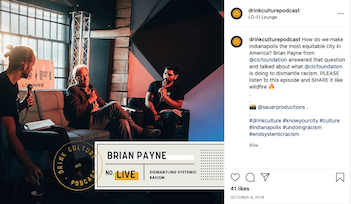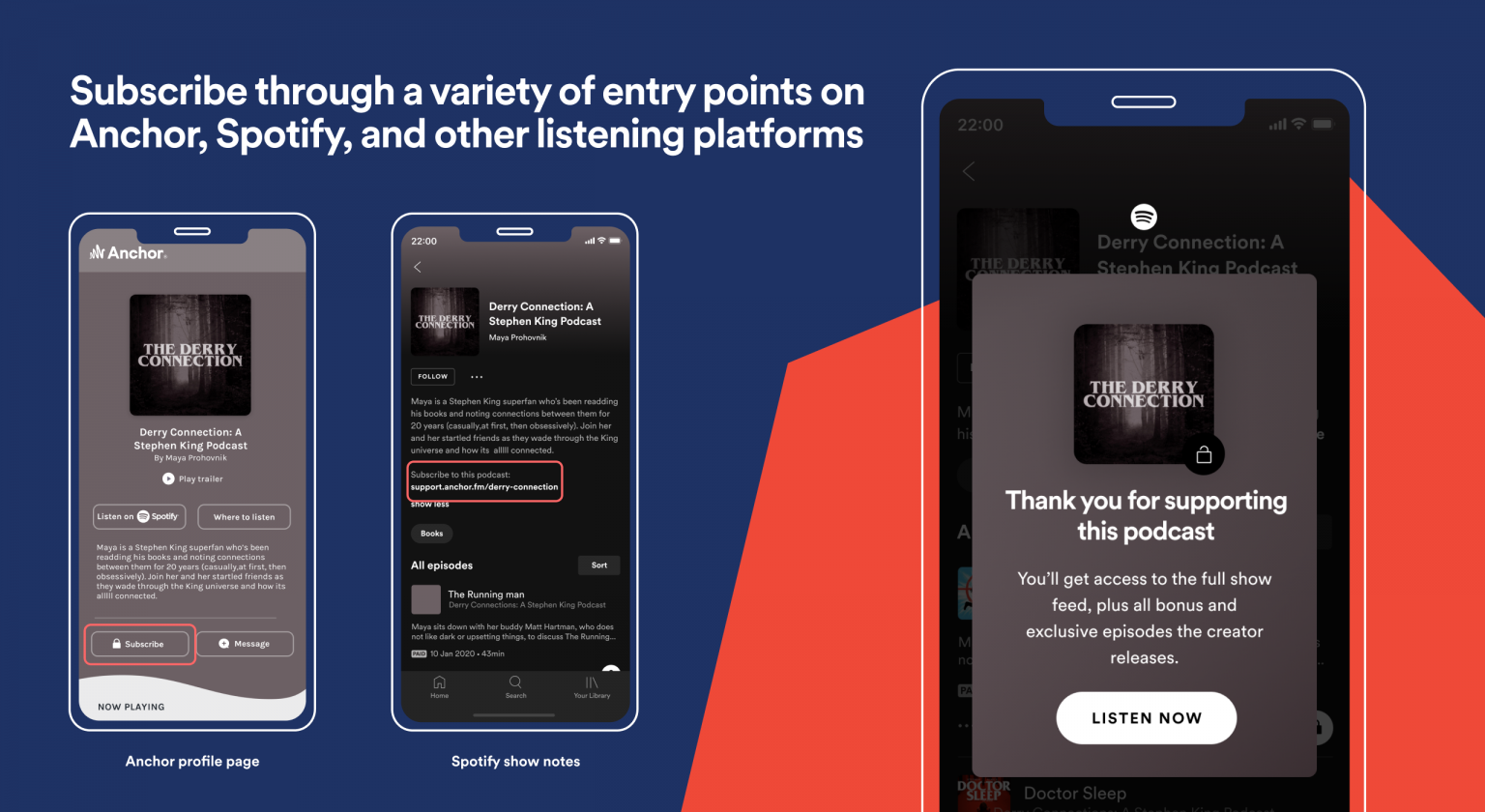
Damian Radcliffe is the Carolyn S. Chambers Professor in Journalism at the University of Oregon. This piece first appeared on the Reynold Journalism Institute website and has been republished with permission from the author.
As advertising reliance becomes an increasingly redundant, risky and outdated strategy, it is incumbent on publishers large and small to implement strategies which generate revenue from multiple sources.
This need is recognised by many industry leaders. A recent survey of media executives by the Reuters Institute for the Study of Journalism at Oxford University revealed "publishers say that, on average, four different revenue streams will be important or very important this year."
There are lots of potential ideas to choose from. Last summer, I identified 231 ways to make media pay. My research offered hyperlinked examples across 12 verticals, including advertising and sponsorship, content, business models, partnerships and e-commerce.
So, which of these approaches are applicable to audio, and in particular podcasts, perhaps the most popular audio product that newsrooms are exploring? Here are eight ways to get started:
Lean into scarcity with direct ad sales
Podcasts are a potentially appealing medium for advertisers, because they offer scarcity. Typically, you might only find three advertisements (or three advertising breaks) in a show.
This creates opportunities to sell ads — either read by hosts or as separate ads — which are usually found at the start, middle and end of the podcast.
Interestingly, in contrast to many other platforms, research suggests that the majority of US consumers say they do not mind ads or messages from sponsors, if it enables them to access podcasts for free.
Data published in May revealed that news is the leading podcast content genre for US podcast advertisers, capturing 22 per cent of all podcast ad revenue, while mid-roll ad spots account for three quarters (76 per cent) of total podcast ad spend.
Unlock the power of host-read ads
Although Digiday has commented on how "podcast ads remain stubbornly old-fashioned," Zoe Soon says "podcast hosts are becoming trusted influencers with loyal communities. That translates to more consumer engagement and, ultimately, stronger ROI." Soon is vice president of the Consumer Experience Center of Excellence at IAB.
Spotify's research has also found that host-read ads can be highly effective: "81 per cent of listeners took action after hearing host-read ads during a podcast — anything from looking up a product online, to connecting with a brand on social media, to talking about a product with someone."
Get someone else to do the work: indirect ad sales
Alongside engaging prospective advertisers directly, publishers can also work with other companies to generate ad revenue. Podcast platforms, like Acast, can sell and insert ads on your behalf.
That might seem like a perfect solution, although you will not see all of the money, as income is divided through a revenue share model. Furthermore, this approach will not be available to everyone, with scale being a consideration for smaller newsrooms.
Podcasts usually have to reach a certain audience (e.g. 5,000 US downloads within 30 days of release campaigns supported by Libysn,) to access this type of service. Fortunately, there are plenty of other revenue tactics which can be deployed if you are ineligible for this one.
Secure sponsorship from local businesses
GE sponsored The Message, a fictional podcast with more than 8m downloads. The show was a hit, with the brand deploying a hands-off approach to the series.
Since then, we have seen everyone from Chanel to Trader Joe's, Microsoft, Goldman Sachs, Sephora and others) moving into the podcasting and audio space.
With non-media brands increasingly looking to create podcasts, are there partnership opportunities here for newsrooms? How can news outlets leverage their storytelling expertise to support the brand awareness-raising aspirations of local companies?
Take, for example, the financial podcast "Open Account" from Umpqua Bank in the Pacific Northwest. Arguably, the stories it tells would not be out of place in many papers.
Create branded content for others
The most successful brand-sponsored podcasts do not feel like ads, but valid editorial propositions in their own right. Consider Ben and Jerr'’s sponsorship of the series “Who We Are: A Chronicle of Racism in America" or The Rework Podcast, from Basecamp and HEY (an email app), which explores the experiences of small businesses.
Many of these efforts are produced by major podcast networks or studios. However, with many smaller media outlets already looking at spin-off services — from app creation to content marketing — moving into creating audio content for external clients is a logical next step.
As larger outlets (such as Reuters and Group Nine Media's Brandshop) develop full-service content studios to support commercial clients, it will be interesting to see if more smaller newsrooms follow in their footsteps to support smaller, local, businesses. If they do, then given the popularity of audio, this could be a key part of their service offering.
Tap into the potential for events
Pre-pandemic, there was a lot of interest in the potential for live events as a revenue generator for media businesses. Popular podcasts, such as Slow Burn, 2 Dope Queens and Criminal have gone on the road, a model which can also be emulated locally (albeit on a smaller scale).
Of course, covid-19 curtailed this. In the UK alone, it is estimated the UK news industry lost more than £2bn in lost events revenue, despite the pivot to online events. Moving forward, however, hybrid events (blending digital and in-person) opportunities, offer the potential to reduce this shortfall, as well as create audio content and revenue for publishers.
My local NPR affiliate, KLCC, broadcasts recordings of events hosted by City Club of Eugene. Events are open to paying City Club members, with the event audio broadcasted a few days later.
Can local newsrooms replicate this, through partnerships or selling tickets to their own events, and then sharing the audio content from them on various platforms?

Image via Instagram: Brian Payne, president and CEO of the $870 million Central Indiana Community Foundation (CICF) and The Indianapolis Foundation, at a live recording of the Drink Culture Podcast in Indianapolis.
Explore the potential for premium podcasts
I wrote previously how Slate's membership programme offers both bonus podcasts and an ad-free listening experience. As more local news outlets explore the potential for membership models, this may be an element they also look to incorporate.
At the same time, in the last month we have seen the launch of plays around paid for podcasts on the medium's two biggest platforms: Apple and Spotify.
Although these initial efforts will start small, and individual content creators and other platforms like Stitcher have offered this type of content for a while, the move into podcasting subscriptions by the biggest players in town is one that publishers and content creators should keep an eye on.
If this move takes off, paid audio strategies may soon be an integral part of many newsrooms’ revenue models.

Image via Spotify
Encourage donations from your audience
Besides ideas such as advertising, subscriptions, sponsorship and ticket sales, news outlets can also look at donations as a mechanism to generate income from their audio work.
Tipping culture is starting to grow across a range of online platforms as audiences become more accustomed to the idea of supporting content creators in this way.
Next City, a Philadelphia-based nonprofit with "a mission to inspire social, economic and environmental change in cities through journalism and events around the world," taps into this trend by encouraging donations to access their webinars. Notably, audiences are asked to "make a donation of any amount" to view the content.
Shows like the Chapo Trap House Podcast and True Crime Obsessed — and more local creators such as the Indiana based Drink Culture Podcast and the PreGame Podcast — take a different approach. They have an established podcast presence on Patreon, a platform for creatives which allows podcasters to create their own multi-tiered membership programs.
Each tier has a different cost, and with it different benefits. In 2018, the platform found that "the most impactful benefits offered by creators on Patreon are bonus/exclusive content, early access, and physical goods."
Given the continued investment in this medium from advertisers, coupled with our growing consumption of this genre, podcasting increasingly feels like a market that few publishers can afford to miss out on.
Free daily newsletter
If you like our news and feature articles, you can sign up to receive our free daily (Mon-Fri) email newsletter (mobile friendly).
Related articles
- NYT's Hannah Yang on subscription ceilings, international markets and news bundles
- Five audience growth and revenue strategies from outside the UK
- Video meets podcast: Five tips for making a successful 'vodcast'
- Protecting independent journalism, with Lexie Kirkconnell-Kawana of IMPRESS
- Predictions for journalism 2024: audience-first strategies, formats and products









